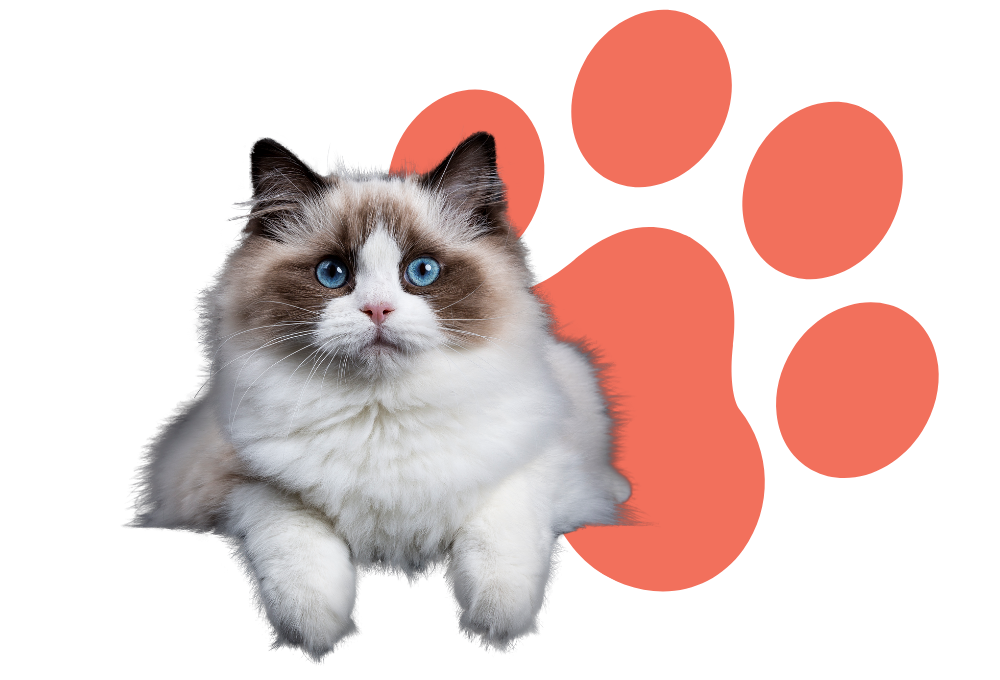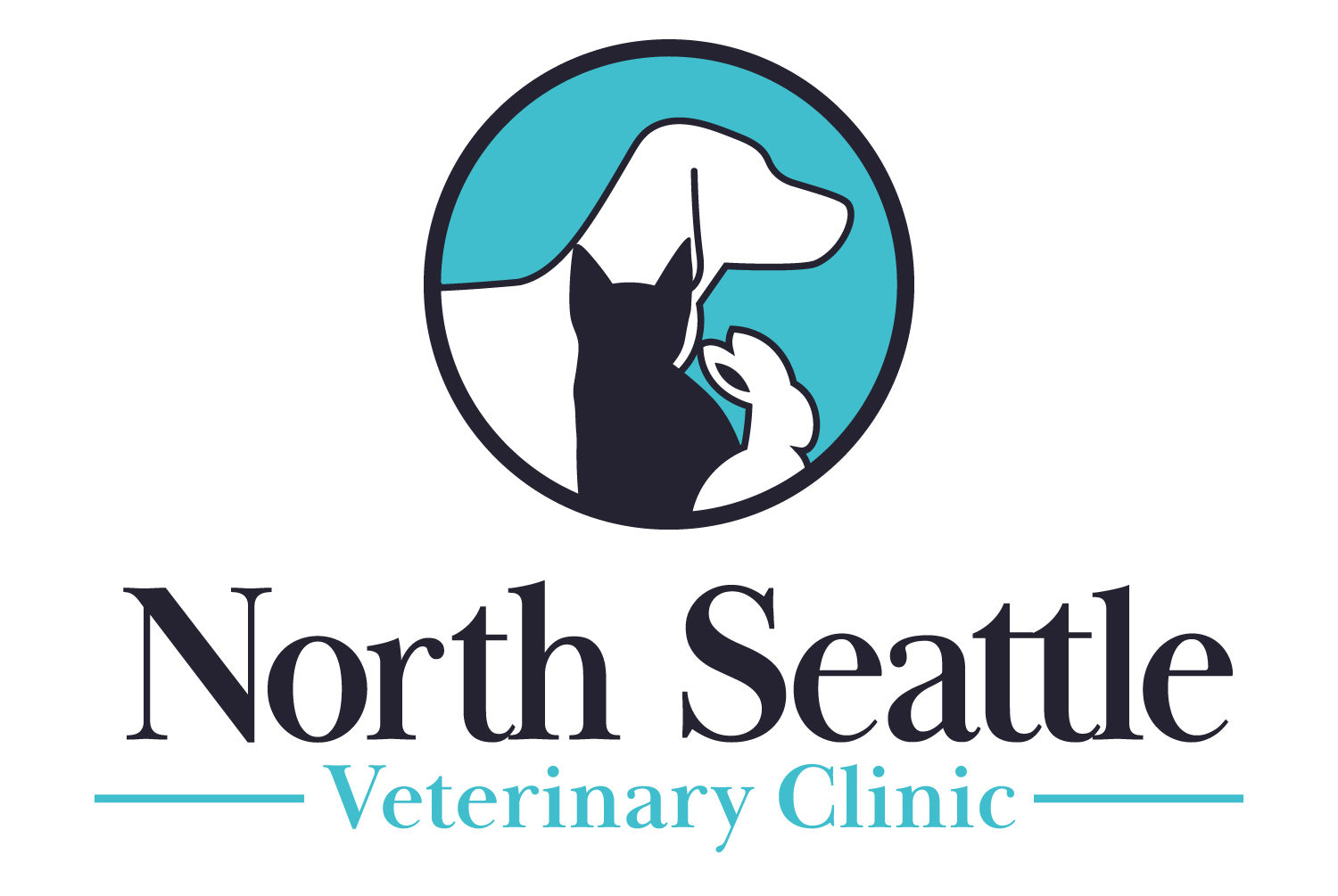Feline Vaccination

1. Feline Viral Rhinotracheitis – a herpes virus that causes respiratory, eye or lung infections. Infections can be severe, especially in kittens. Transmission is from the saliva or eye secretions of infected cats.
2. Calicivirus – a virus that causes respiratory or eye infections. Infections can be severe, especially in kittens. Transmission is from the saliva or eye secretions of infected cats.
3. Panleukopenia – a virus that is highly contagious that causes an often-fatal intestinal disease that also lowers the immune system’s ability to fight infection. Transmission is by contact with infected cat feces, objects that had touched infected cats, and fleas. The organism can remain infectious in the environment for many months. (Also called feline “distemper”.)
This vaccine is given as a series in kittens, then 1 year later, then every 3 years for adult cats. FVRCP is recommended in all cats, regardless of whether they are indoor, outdoor or have contact with other cats.
Rabies: This virus causes a fatal neurologic disease (in all mammals, including people). Transmission occurs from the saliva of infected animals, generally from bite wounds. Current vaccination is mandated by Washington State law in all dogs and cats regardless of lifestyle or indoor/outdoor status. This vaccine is given at 4 months of age, then yearly. The most common source of rabies infection in Washington State is by contact with bats. A cat was tested positive for rabies in 2017 in Gig Harbor. Feline
Leukemia Virus (FeLV): This virus may cause leukemia, lymphoma, immune suppression or anemia in cats. Transmission occurs from the saliva of infected cats by biting or prolonged contact such as sharing a litter box or grooming. Kittens can also contract it from their mothers while in the womb. This vaccine is given as a series in kittens, then 1 year later, then every 2 years in adult cats. This vaccine is recommended for all cats who could contact other cats outside the family
** If a vaccine reaction occurs, it will typically happen within 12 hours of receiving the vaccine.
** A note on feline injection-site sarcomas (FISS): There is evidence that some injections that induce inflammation (including vaccines) may have the ability to cause cancerous tumors called sarcomas at the site of the injection in cats. These tumors are very rare (1 in every 16,000 – 50,000 cats). To minimize this potential risk, we use only non-adjuvanted feline vaccines (an adjuvant is an additive that can make a vaccine more effective but unfortunately does so by creating inflammation around the injection) and recommend indoor-only cats who are not at risk of escaping do not receive the FeLV vaccination after their initial kitten series and booster after 1 year of age.

